Waste Trading Marketplace
On average, it takes about 3 months for a waste trader to make a deal with a new party. Most of the time is spent on negotiations, quality checks, packaging checks, due diligence, all sorts of document checks, credit history check, etc. And, yet, scam & theft are not rare here.
Client
Organization
Startup, seed-stage
Type
GreenTech
Target Market
Waste Traders
Team Size
6-10
Period
Aug 2021 – Jan 2023
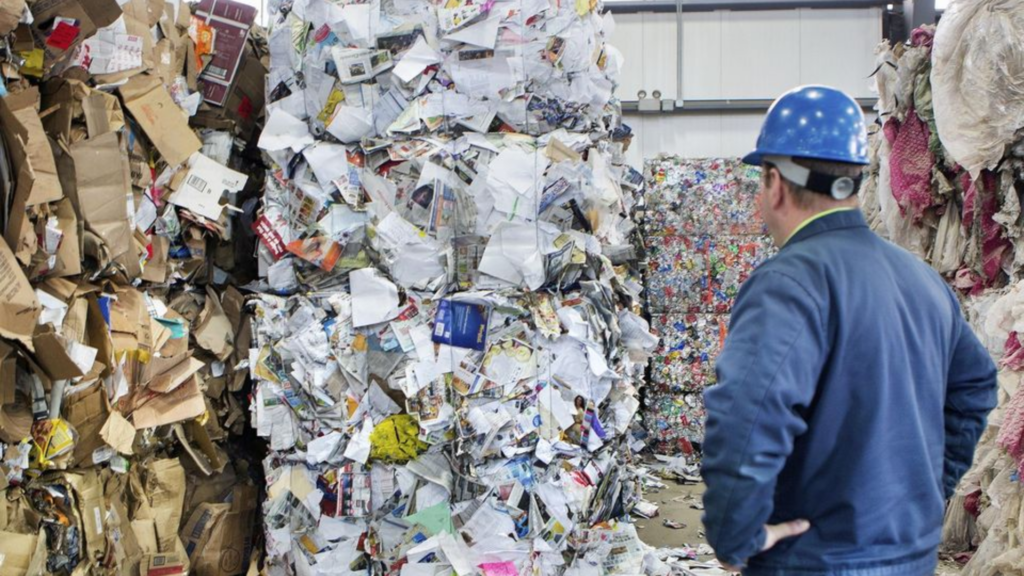
About this project
The product goal was to reduce time for deal making with a new party from 3 months to 1 week by building a secured marketplace.
CEO set the goal to build & launch an MVP (platform) within 6 months to start sales.
Roles
COO, Agile Delivery Manager, Business Analyst
Situation
When I joined, there was already a remote tech team that was constantly shifting deadlines.
However, there were many challenges causing delays, not solely on the tech team’s side. Superficial vacancy descriptions, unstable budgets (I had to let some people go periodically, so the tech team size was changing between 6 and 3 developers, some full-time, some part-time), repeating development defects, no professional QA, and absence of some important team policies, commitment issues on the founding team, etc.
What We Did
In a nutshell:
- Analyzed services & processes
- Collected & refined the requirements and user stories
- Built a new tech team
- Planned product delivery teamwork
- Facilitated Agile ceremonies
- Tracked results & deliverables
- Ensured clear & up-to-date documentation
- Ensured effective team communication & collaboration
- Automated & integrated processes and systems
- Regular 1:1s with the teammates
Results
- Built, and managed a 100% remote tech team
- Documented the process, product and market knowledge
- Boosted team collaboration
- ~60% increase of delivery speed
- 6X lowered the product development costs
- Delivered the product at the start of sales
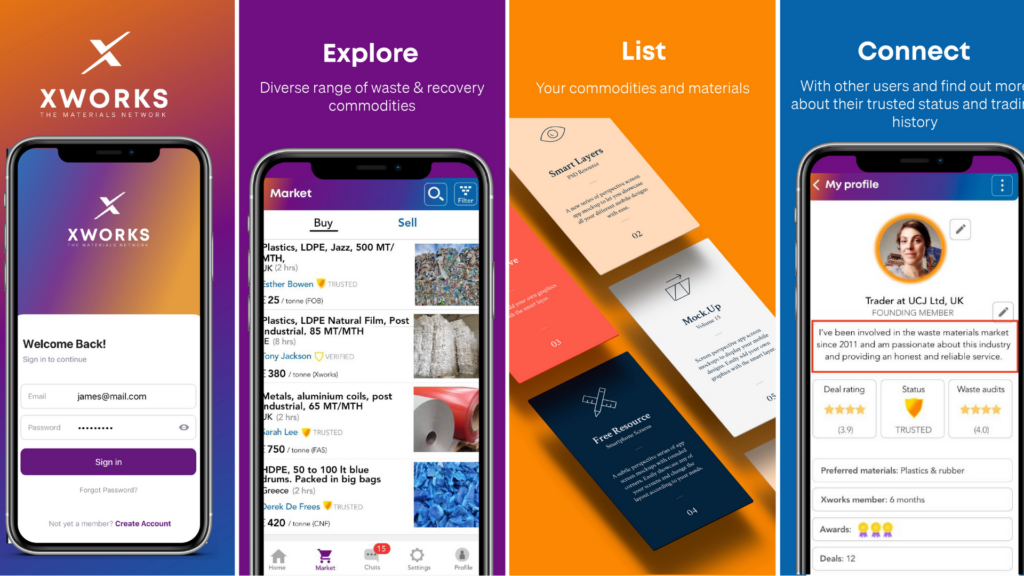
How We Did That
Built a new 100% remote tech team distributed across Europe
“Observe, measure, ask & listen, improve – or even replace.”
- Dismissed the initial tech team from India.
- Introduced detailed tech vacancy descriptions, and included small projects as test assignments for new hires.
- Sourced, recruited, and built a new tech team (3FTE, 3PTE) of individual developers (Flutter, Full-Stack) and QA spread across Europe, some via Upwork, some via LinkedIn.
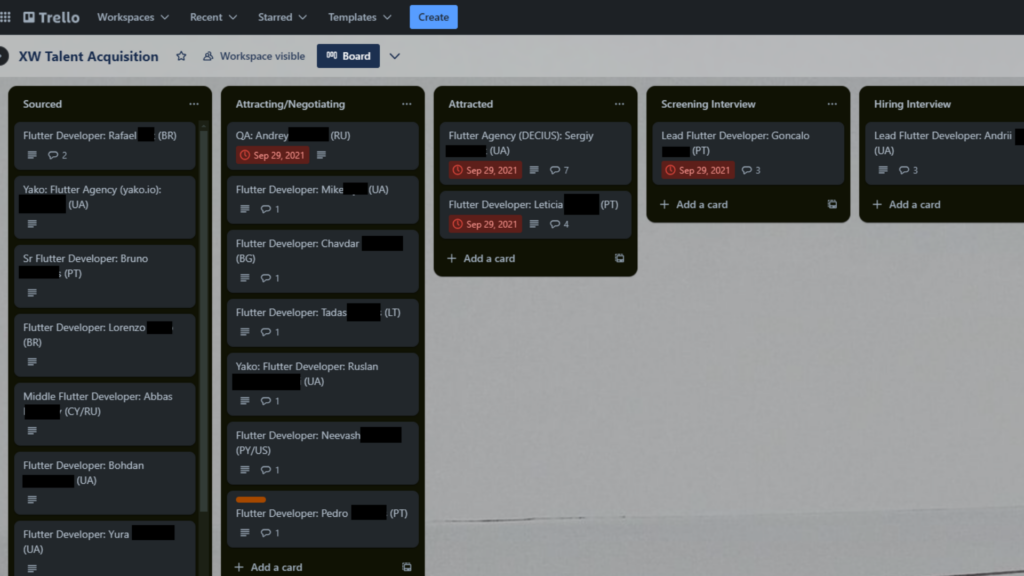
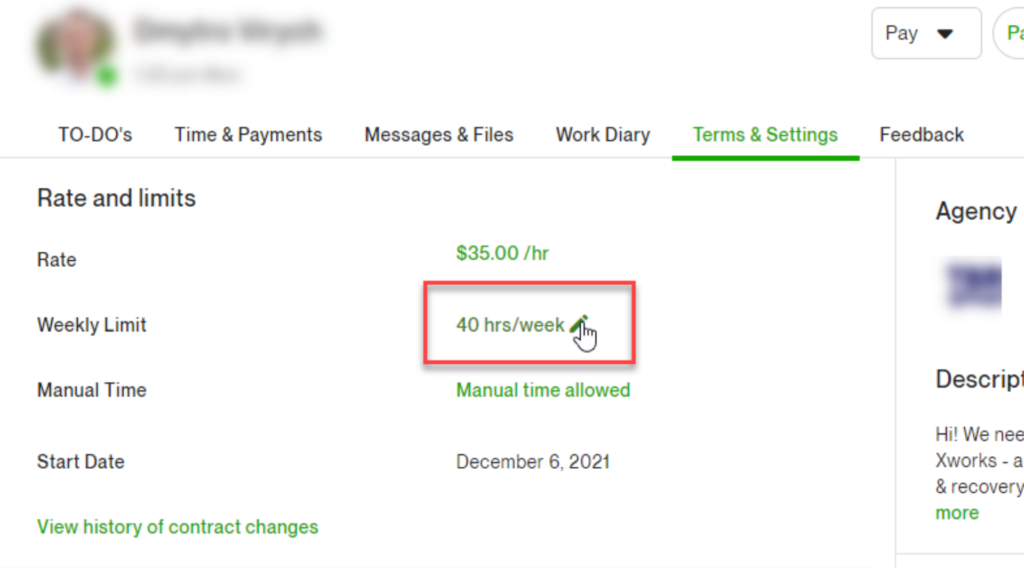
Documented the process, product and market knowledge
“Picture worths more than a 1000 words, doesn’t it? But clear documentation worths more than the absence of one! Unless you work on your product all alone, sufficient and up-to-date documentation is what your team needs. That will save you hours or even days for back-n-forth and the headaches.”
- Documented market, product, and process knowledge in Confluence and kept that up-to-date, so that everyone on the team had access to the latest information when it was needed.
- Integrated Jira with Zeplin, enabled links and cross-references for the user stories and UI screens.
- Created the API documentation in Postman to accelerate onboarding of new developers.
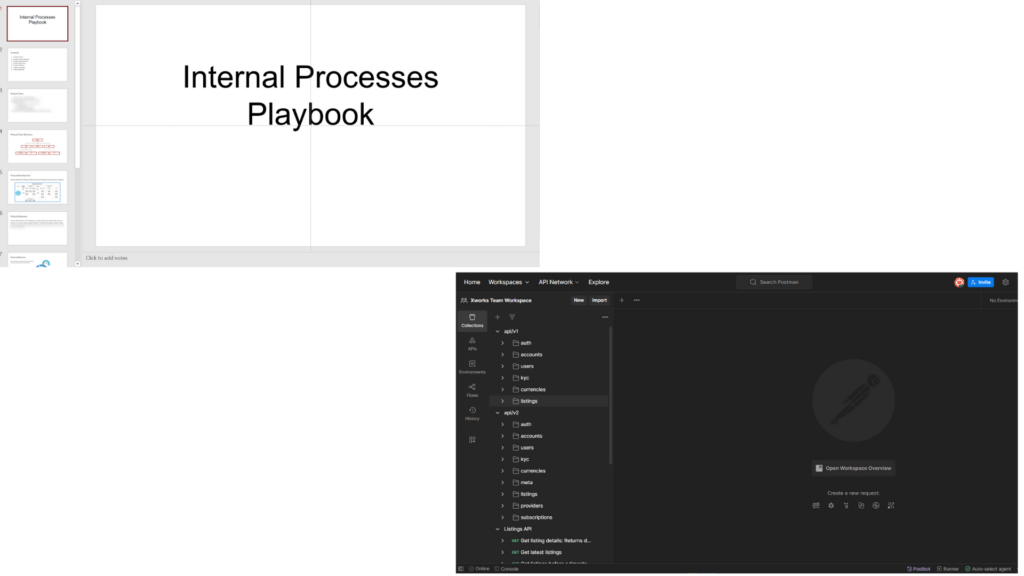
Boosted team collaboration
“Good communication is key, especially in the remote setting! If you’re a team of more than 3 chaps, who work remotely, and maybe even in the different time zones, – you’d need to agree on team processes and policies, monitor how well your team follows them, and what needs to be changed.”
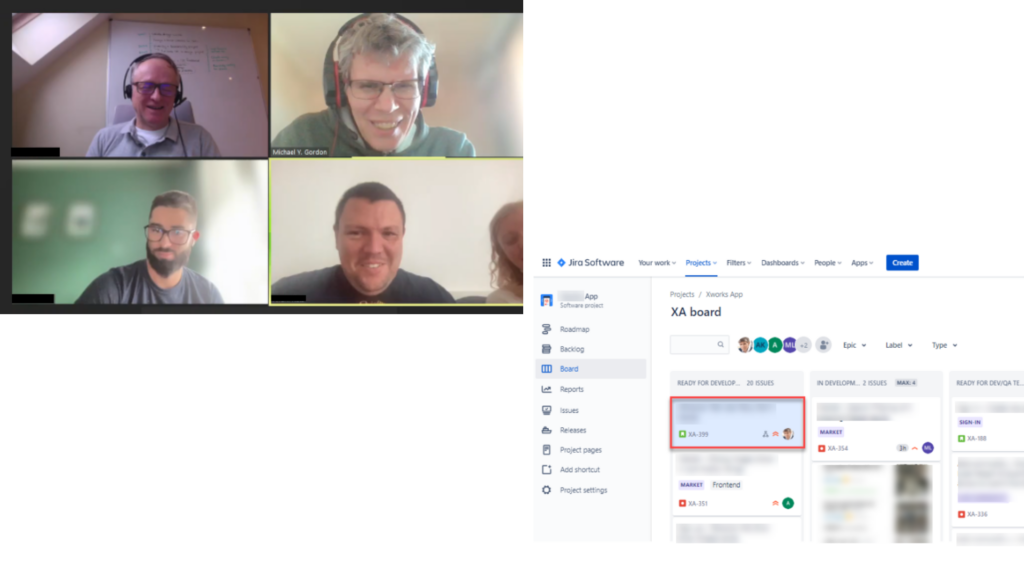
~60% increase of product delivery speed
“Observe, measure, ask & listen, improve. Don’t forget the tech debt!”
- Transitioned the team from a so-called Scrum to Scrumban for product delivery, introduced CI/CD, set WIP limits, started measuring & discussing team performance (eg, cycle time, etc.) and everything else that could be measured, and improved.
- Established the Definition of Ready and Definition of Done in agreement with the team.
- Introduced Acceptance Criteria for each user story.
- Developed essential documentation – 90% reduced back-n-forths with busy co-founders.
- Iteratively improved the codebase.
- Iteratively improved collaboration – thanks to retros & 1:1 coaching.
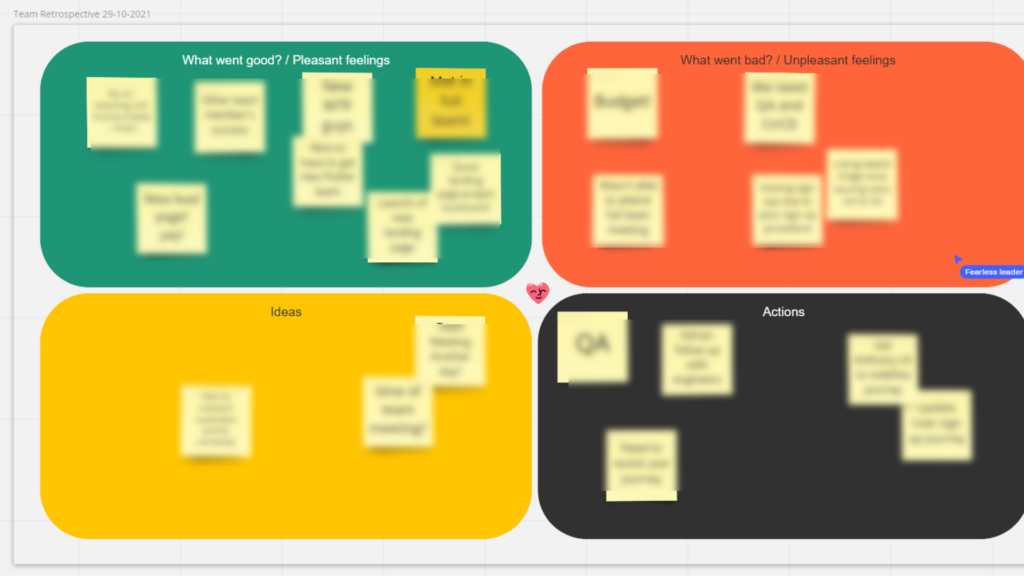
6X lowered the product development costs
“Ask & listen to your team. Otherwise, there’s no point of hiring smart people.”
- Introduced an Upstream process to analyze, enrich, and prioritize the requirements before and IF they get into expensive development – the Downstream.
- Supported the tech team’s initiative and persuaded the CEO to opt for a 3rd-party service instead of the custom functionality that the CTO was pursuing. This saved around 6 months of development expenses and enabled us to deliver the MVP using existing rather shrunk resources by the start of sales.
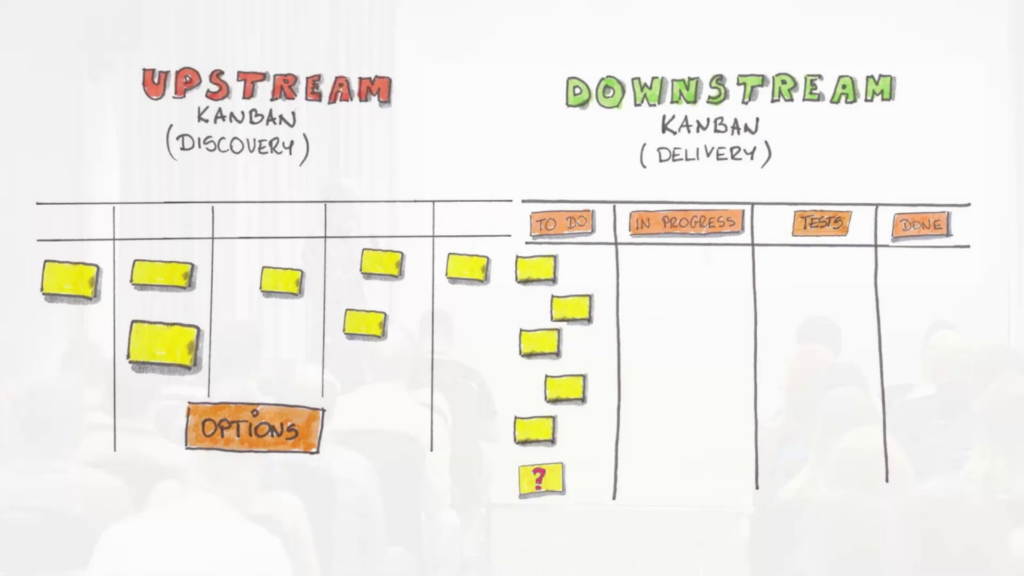
- Conducted regular 1:1s with the teammates to ensure meeting their individual, team, and business goals.
- Facilitated planning, standups, backlog refinements, reviews, and retros in Miro and Jira.
- Established the Definition of Ready and Definition of Done in agreement with the team.
- Introduced Acceptance Criteria for each user story.
- Introduced the Code Of Conduct.
- Set up a company-based Jira project, migrated all tasks from the team-based Jira project, and configured users, rights, workflows, rules, and automation.
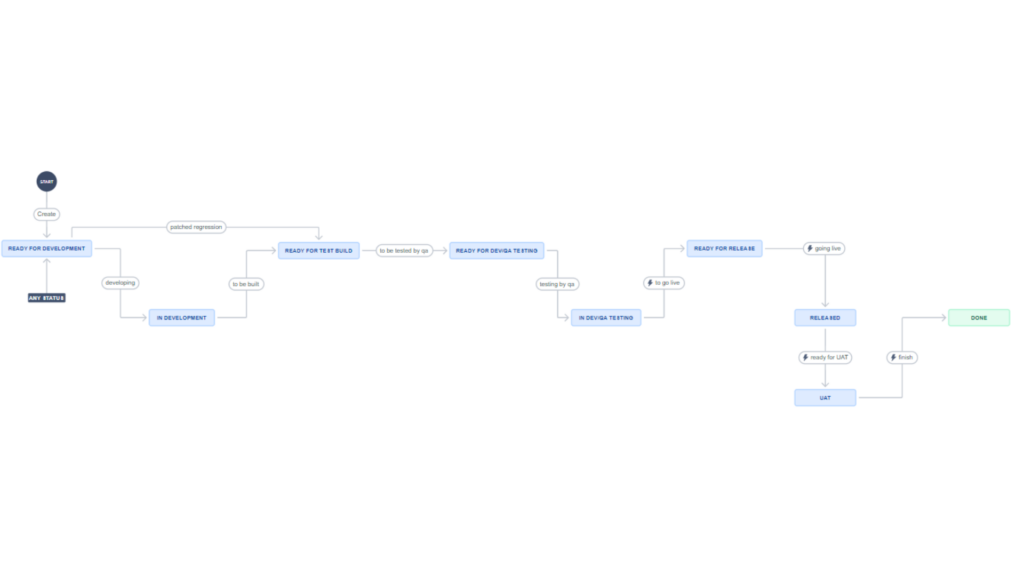
Delivered the product by the start of sales

After that
- Created a no-code integration with the help of Make.com & Airtable. It allowed for a quick overview of all users and marketplace listings as well as notifying sales folks about new trial customers and expiring trial subscriptions via Slack & email.
- Facilitated the business process analysis workshops with the stakeholders. Analyzed the desired and current business processes using the service blueprinting technique.
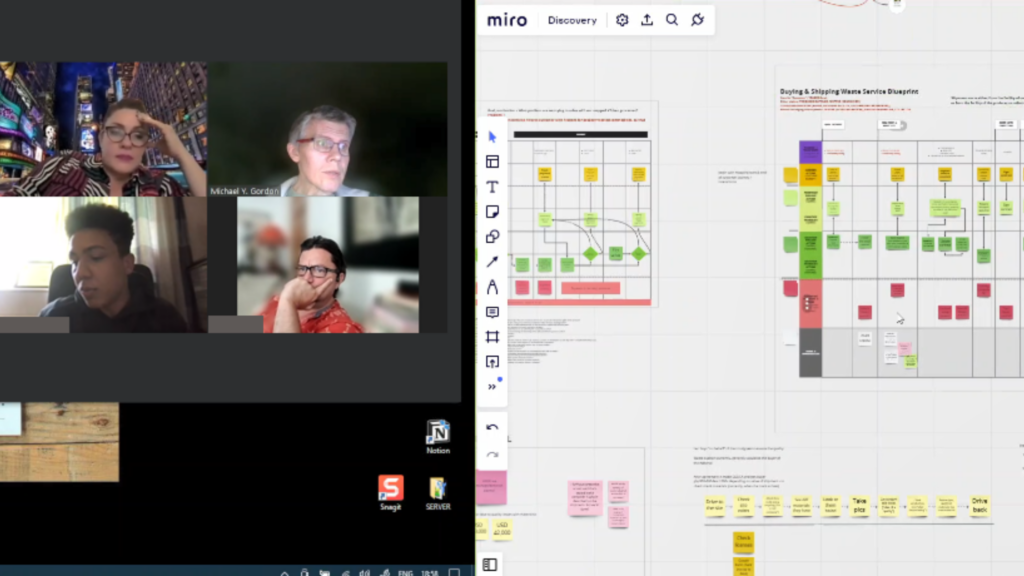
Systems
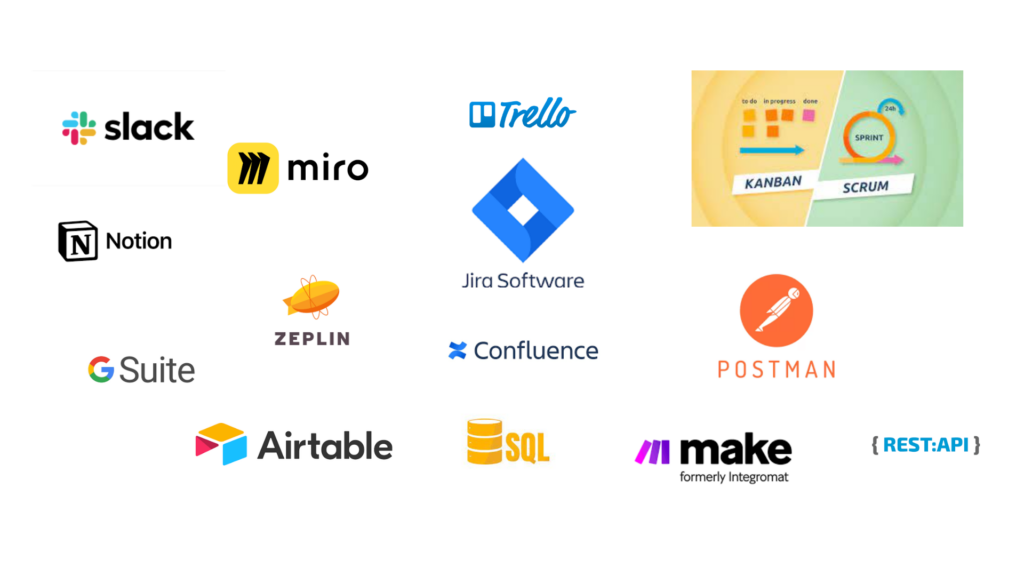
Participated in Techstars Accelerator Y22 Program
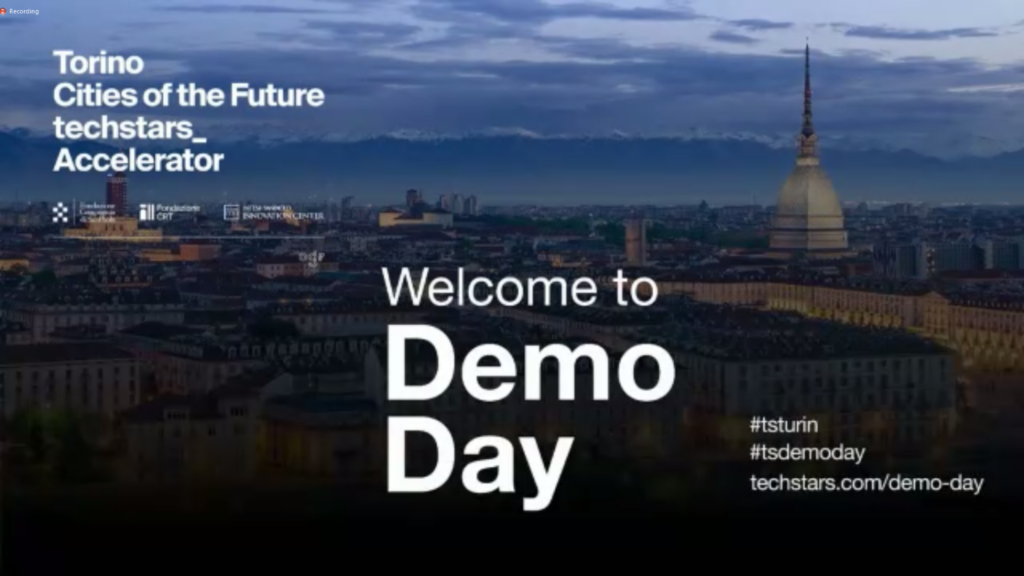
Raised Seed Round.